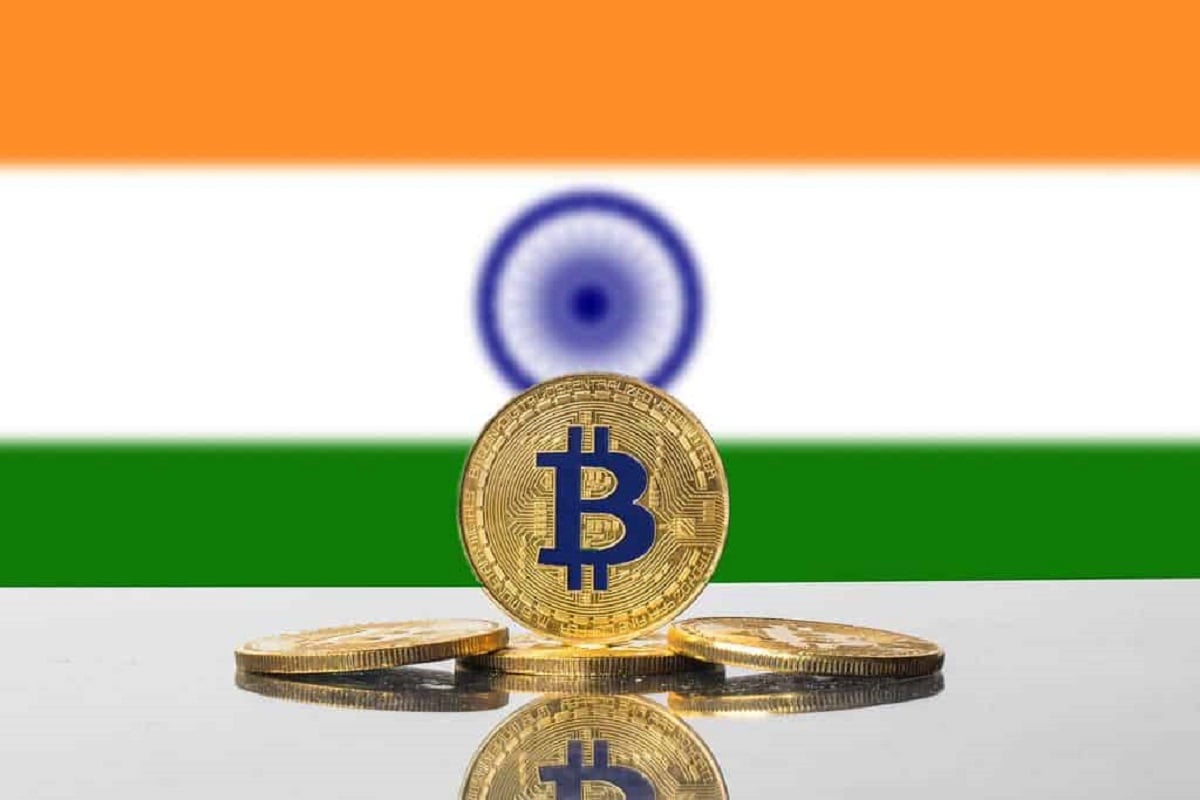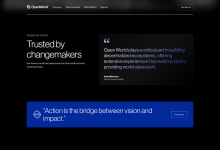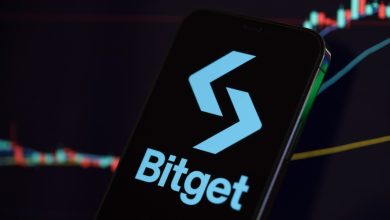RBI Launches Deposit Tokenisation Pilot on Wholesale CBDC Platform


The Reserve Bank of India (RBI) has launched its highly anticipated deposit tokenisation pilot on October 8, 2025, marking a significant milestone in the nation’s journey toward modernising its financial infrastructure. The pilot will operate on the wholesale Central Bank Digital Currency (CBDC) platform, known as e₹-W, and will involve a select group of major banks as participants.
Enhancing settlements through tokenised deposits
The initiative is designed to enable quicker, more secure, and programmable settlements by representing traditional bank deposits as digital tokens. These tokens, backed one-to-one by actual deposits, will circulate on the RBI’s wholesale CBDC rails, allowing instant and tamper-proof transactions between financial institutions.
According to Suvendu Pati, Chief General Manager at the RBI, the tokenisation of deposits could revolutionise how interbank transactions are conducted by reducing settlement time and operational costs. “This pilot is a key step in testing how deposit tokens can complement the existing CBDC framework to deliver efficiency, transparency, and programmability in India’s financial ecosystem,” Pati stated at the Global Fintech Fest earlier this week.
The first phase of the pilot focuses on interbank transfers and settlement processes among participating banks. It will assess the technological feasibility, security, and scalability of deposit tokenisation before expanding into broader use cases. This structured, phased approach mirrors RBI’s careful experimentation with both wholesale and retail CBDC pilots introduced over the past two years.
Building towards a tokenised financial future
The deposit tokenisation pilot complements RBI’s retail CBDC sandbox, also unveiled at the Global Fintech Fest 2025. The sandbox enables fintechs and banks to test real-world use cases of digital rupee payments in a regulated environment. Together, these initiatives form the backbone of India’s digital money transformation strategy.
In subsequent phases, the RBI plans to extend tokenisation to money market instruments such as certificates of deposit (CDs) and commercial paper. By issuing and settling these instruments on the wholesale CBDC rails, the central bank aims to enhance market liquidity, transparency, and operational efficiency in short-term funding markets.
Industry experts suggest that deposit tokenisation could serve as a bridge between existing fiat-based systems and fully tokenised financial infrastructure. It combines the trust and regulatory oversight of traditional banking with the efficiency and programmability of blockchain-inspired technologies. Analysts note that if successfully scaled, the pilot could pave the way for 24/7 settlement infrastructure and real-time programmable payments.
The RBI’s push for deposit tokenisation reinforces India’s leadership in digital payments and financial innovation. Having already built one of the world’s most efficient retail payment ecosystems through UPI, the country is now testing the next frontier — tokenised and programmable money. While the current pilot is limited to institutional use, its success could eventually lead to consumer-facing applications, enabling seamless integration between bank deposits, digital rupee wallets, and tokenised financial assets.
By launching the deposit tokenisation pilot, the RBI is signaling its intent to future-proof India’s monetary system. As digital assets and blockchain infrastructure evolve globally, India’s central bank continues to balance innovation with stability, ensuring the country remains at the forefront of financial technology advancement.







